Ramallah, MINA – The Palestinian Authority (PA) hopes to get a vaccine through a partnership led by the World Health Organization (WHO) with a humanitarian organization known as COVAX. The channel is to provide free vaccines up to 20 percent of the population of poor countries.
The PA hopes to vaccinate 20 percent of the population through COVAX, starting with healthcare workers.
However, the program only gets a fraction of the 2 billion doses it hopes to buy over the next year. The rich countries have already stockpiled about 9 billion of the estimated 12 billion doses expected to be produced by the pharmaceutical industry next year.
Complicating matters arose when Palestine only had one refrigeration unit in the oasis town of Jericho capable of storing Pfizer vaccines. Palestinians are among the nearly 3 billion people worldwide who lack cooling capacity.
Also Read: Over 170 NGOs Demand End to Israeli Military-Controlled Aid Distribution in Ga
The senior Palestinian health official, Dr. Ali Abed Rabbo, said the PA was in talks with Pfizer and Moderna, as well as AstraZeneca and a largely untested Russian vaccine maker. However, no one has officially signed it.
The PA has reported more than 85,000 cases in the occupied West Bank, including more than 800 deaths, and the outbreak has escalated in recent weeks. The situation is even worse in Gaza, home to 2 million Palestinians, which have been under a blockade of Israel and Egypt since the Hamas group seized power in 2007.
Authorities in Gaza have reported more than 30,000 cases, including 220 deaths. With Hamas rulers shunned by the international community, the region will also depend on the PA.
These conditions mean that it may take several months before large-scale vaccination is carried out in poor coastal routes. The head of the WHO office for the Palestinian territories, Dr. Gerald Rockenschaub, said the PA will deliver vaccines to Gaza but they will arrive in limited numbers and will take time to reach the first 20 percent.
Also Read: UNRWA Calls for End to GHF’s Operations, 500 Gazans Have been Killed
“We hope that in the first quarter of next year the first vaccines will start arriving,” said Rockenschaub. (T/RE1)
Mi’raj News Agency (MINA)
Also Read: Hamas Calls for Mass Mobilization to Defend Al-Aqsa Mosque






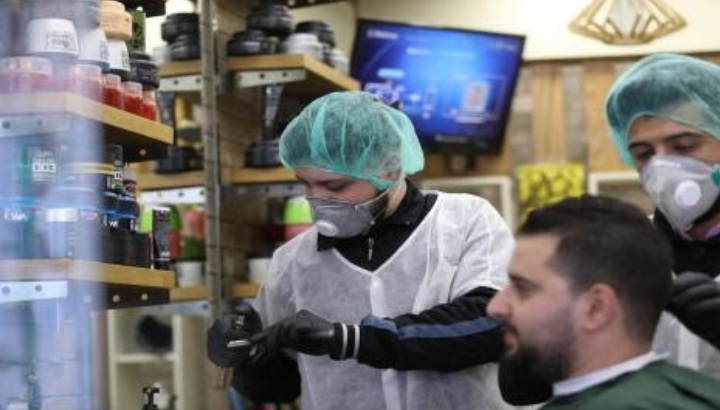








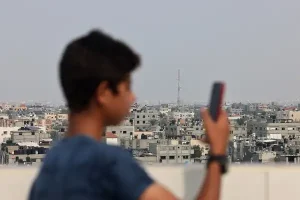
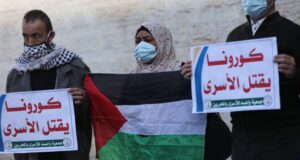
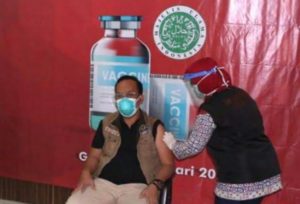
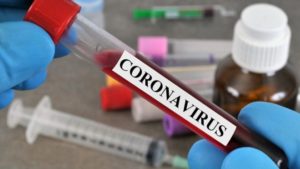
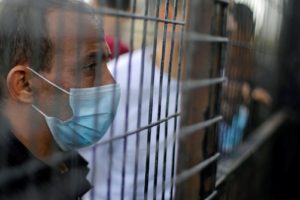
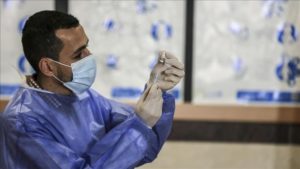
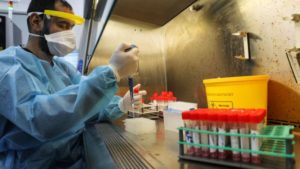











 Mina Indonesia
Mina Indonesia Mina Arabic
Mina Arabic